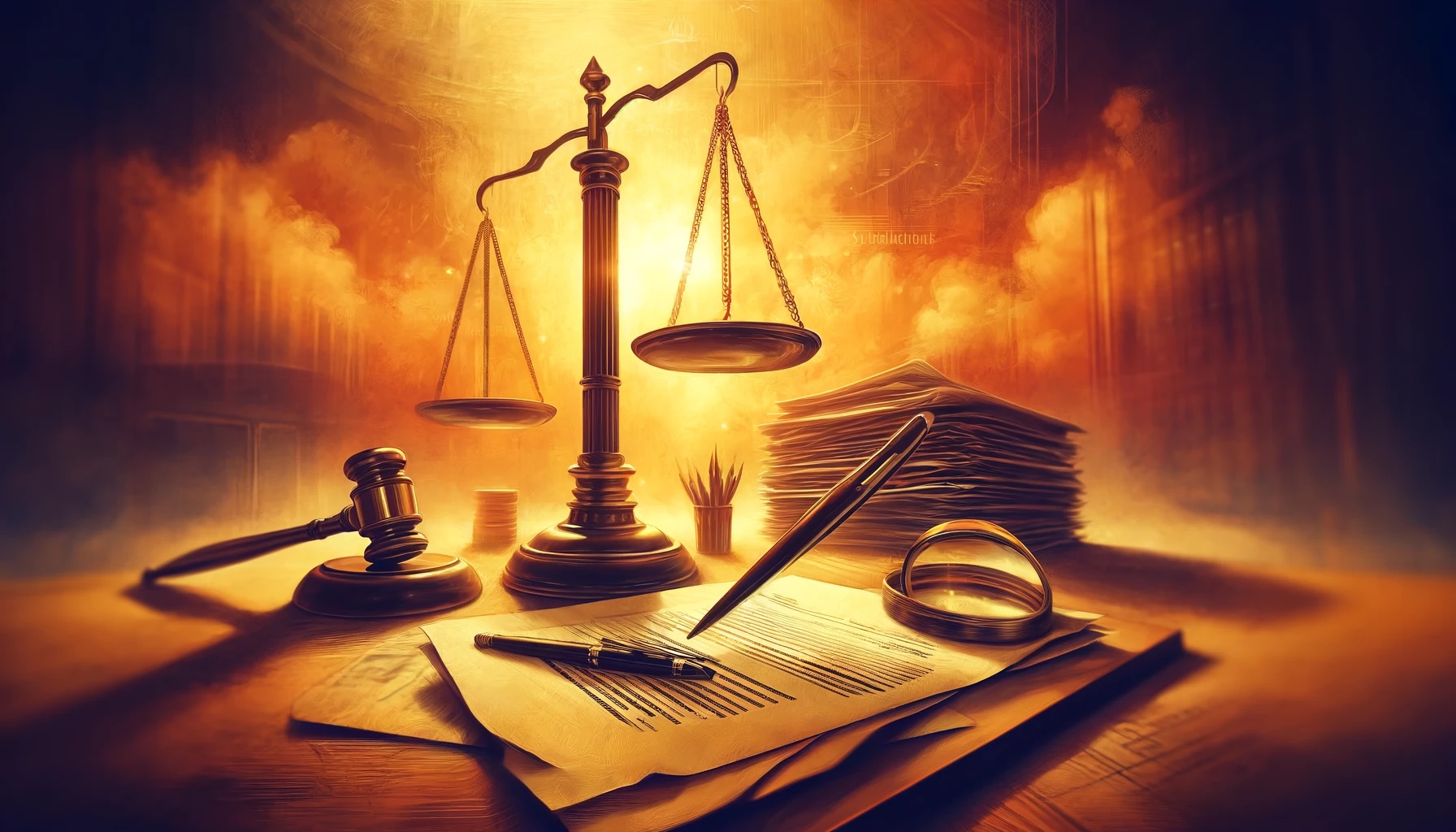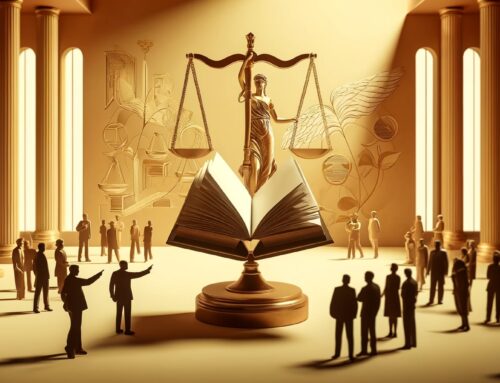In the interconnected world of today, where information spreads faster than ever, the impact of words can be profound. Defamation cases have become increasingly relevant, as individuals and entities seek to protect their reputations from harmful and false statements. At Hepworth Legal, understanding the nuances of such cases and the critical role of evidence is paramount in safeguarding our clients’ rights and reputations.
In this article:
- Understanding Defamation
- Types of Evidence in Defamation Cases
- Gathering Evidence: Practical Tips
- How Hepworth Legal Can Help
Understanding Defamation
Defamation involves making false statements about someone that can harm their reputation. It’s categorized into libel (written statements) and slander (spoken statements). The challenge in defamation cases lies not just in proving the statement’s falseness but also in demonstrating its harm to the plaintiff’s reputation, making evidence crucial.
Types of Evidence in Defamation Cases
Evidence plays a pivotal role in proving defamation. It not only establishes the falsity of the statement but also quantifies the damage inflicted on the victim’s reputation. Here are the types of evidence commonly used:
- Written or Recorded Statements: The foundation of any defamation claim. This includes texts, emails, social media posts, and any public records of the defamatory statement.
- Witness Testimonies: Individuals who heard or saw the defamation occur can corroborate the plaintiff’s claims.
- Documentation of Damages: Evidence showing the repercussions of the defamation, such as lost job opportunities, financial losses, or mental health struggles, strengthens the case.
- Expert Opinions: In complex cases, experts in fields like psychology or economics can help quantify damages or explain the defamation’s impact.
Gathering Evidence: Practical Tips
Collecting comprehensive evidence is crucial. Here are some tips:
- Act Quickly: Evidence, especially online, can be fleeting. Capture screenshots, save communications, and note any relevant dates and interactions.
- Document Everything: Keep a detailed record of the defamation’s impact on your life, including any costs incurred or professional opportunities missed.
- Seek Witnesses: If others have witnessed the defamation or its effects, their testimonies could be invaluable.
How Hepworth Legal Can Help
At Hepworth Legal, we understand the intricacies of defamation law and the critical importance of evidence. Our experienced attorneys guide our clients through the complex process of collecting and presenting evidence, ensuring the best possible outcome for your case. If you or someone you know is facing defamation, Hepworth Legal is ready to protect your reputation and fight for your rights.
Ready to Protect Your Reputation? Let Hepworth Legal Help
If you’re dealing with defamation, it’s crucial to act promptly and effectively. Hepworth Legal offers personalized, strategic legal guidance tailored to your unique situation.
Reach out to us today to discuss your case and explore your options. Our dedicated team is here to support you every step of the way.





Leave A Comment